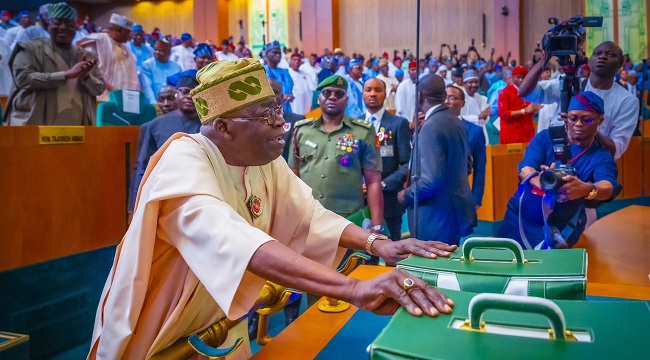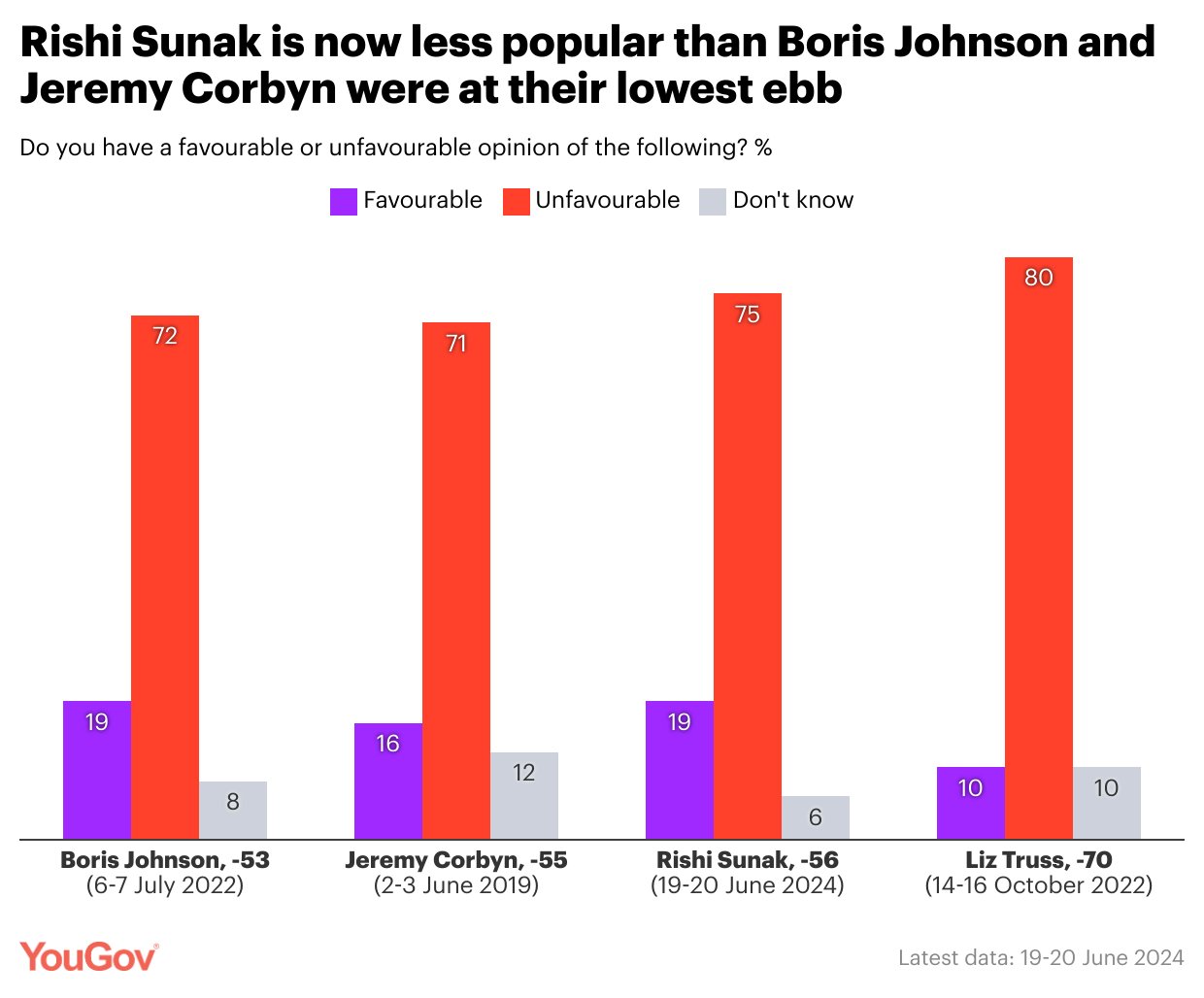The World Bank has described Nigeria’s record-breaking ₦54.99 trillion 2025 federal budget as overly ambitious, cautioning that revenue shortfalls may force the Federal Government to turn to the Central Bank of Nigeria’s Ways and Means overdraft facility—despite official pledges to the contrary.
Presenting its Nigeria Development Update report titled “Building Momentum for Inclusive Growth” in Abuja on Monday, the World Bank’s Lead Economist for Nigeria, Alex Sienaert, raised doubts over key budget assumptions including:
- A daily oil production target of 2.06 million barrels, despite current output hovering around 1.6 million barrels.
- A crude benchmark of $75/barrel, which Sienaert said may not hold amid global oil market fluctuations.
The report noted that despite improved revenues in 2024, “it looks like it’s going to be pretty hard to meet some of the ambitious revenue targets.” Failure to meet those targets, the Bank warned, could spark renewed reliance on deficit monetisation, risking macroeconomic stability and undermining fiscal confidence.
“The authorities have been very clear they won’t return to large-scale Ways and Means, but should that happen, it would derail rebuilding confidence in the naira and fiscal sustainability,” Sienaert said.
Calls for Further Reforms
The World Bank also urged the government to:
- Eliminate electricity subsidies, calling them “wasteful and regressive”.
- Ramp up the N25,000 monthly cash transfer scheme, noting that only one-third of the 15 million targeted recipients have so far received funds.
- Improve oil revenue transparency, and ensure full remittance of post-subsidy windfalls to the Federation Account.
- Reduce governance costs, such as excess spending on vehicles and trainings, and cut down collection costs of agencies like FIRS and Customs.
- Invest more in education and health, with Nigeria’s current spending among the world’s lowest—$23 and $15 per citizen respectively.
The Bank emphasized the need for a “private-led, public-facilitated” growth model, warning that trade and competition policies continue to stifle private sector innovation.
Federal Government Pushes Back
However, Minister of Budget and Economic Planning, Senator Abubakar Bagudu, defended the budget, describing it as modest and realistic, not overly ambitious.
“We have produced more than 2.3 million barrels per day before,” Bagudu asserted, saying Nigeria’s technical capacity supports such projections.
He added that a new national initiative would soon launch to map economic opportunities across all 8,809 political wards, aligning with the Tinubu administration’s Renewed Hope Agenda.
Minister of Finance Wale Edun emphasized gains in revenue and the need to further improve transparency, particularly in oil sector data. He linked Nigeria’s long-term growth to increased investment, which he said is already being witnessed in telecoms and manufacturing.
CBN Governor Olayemi Cardoso pledged continued monetary stability, pointing to declining exchange rate volatility and a firm stance on inflation targeting.
Minister of Digital Economy Dr. Bosun Tijani revealed a jump in FDI into the digital sector—from $22m in Q1 2023 to $200m in Q1 2024, along with a $2 billion national fibre-optic project, bolstered by a $500 million World Bank facility.
Sub-Nationals Struggling With Inflation, Insecurity
Plateau State Governor Caleb Mutfwang confirmed that while state revenues have grown—Plateau’s IGR rose from ₦800m to ₦3bn—inflation and insecurity have sapped purchasing power and strained budgets.
“We are investing in rail, agriculture, and transport, but insecurity is diverting funds meant for development,” he lamented.
A $1 Trillion Dream?
Despite policy divergence, both the World Bank and the Nigerian government agree on the need for reforms to achieve Nigeria’s $1 trillion economy ambition by 2030.




